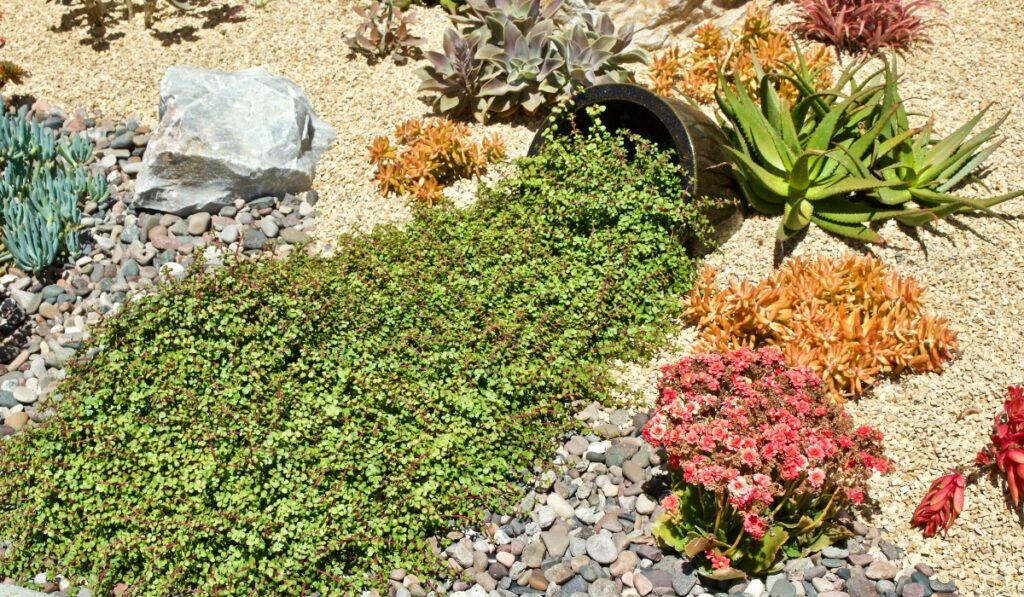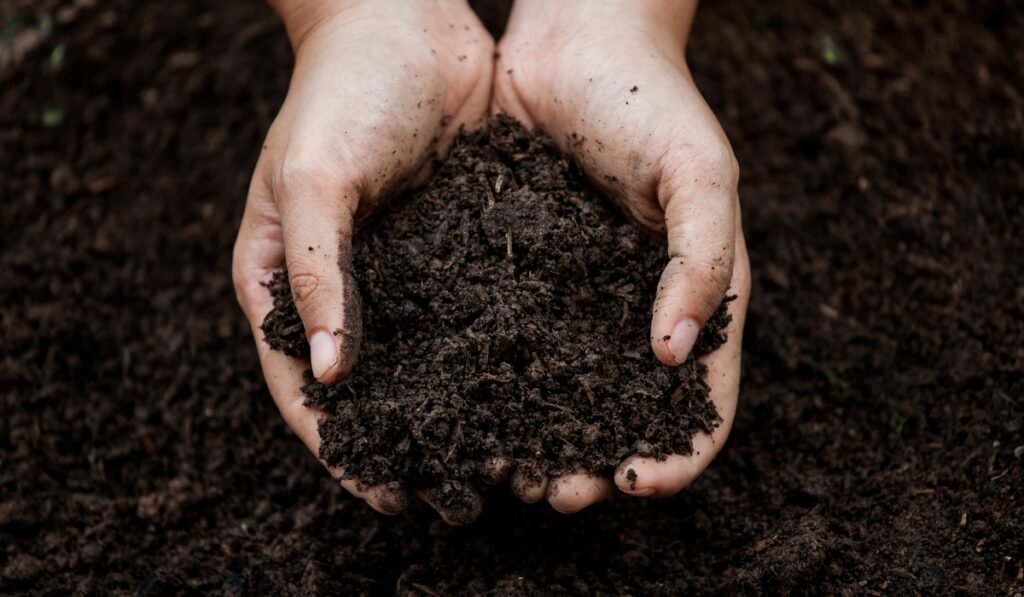Posts Tagged composting
Sustainable Landscaping Practices for August: Thriving in California’s Dry Heat

As Californians, we’re all too familiar with the challenges of August’s scorching temperatures and persistent drought conditions. While our landscapes may be feeling the heat, there are plenty of sustainable practices we can adopt to not only keep our gardens thriving but also nurture the environment. At DK Landscaping, we believe in creating beautiful landscapes that are in harmony with nature, and August is the perfect time to implement eco-friendly choices.
The Importance of Water Conservation
Water is a precious resource, especially during the peak of summer. Traditional landscaping practices often rely heavily on irrigation, putting a strain on our water supply. By embracing sustainable practices, we can significantly reduce our water consumption and help protect this vital resource.
Key Sustainable Landscaping Practices for August
Let’s delve into some essential eco-friendly choices you can make in your landscape this August:
1. Efficient Irrigation:
- Upgrade your irrigation system: Consider switching to drip irrigation or soaker hoses, which deliver water directly to the roots, minimizing evaporation and runoff.
- Water deeply and less frequently: This encourages deeper root growth and reduces water waste.
- Water in the early morning or late evening: Avoid watering during the hottest part of the day to prevent evaporation.
- Monitor soil moisture: Use a moisture meter to check soil moisture levels before watering.
- Adjust your irrigation schedule: As temperatures cool down in late August, gradually reduce watering frequency.
2. Mulching:
- Apply a thick layer of mulch: Mulch helps retain soil moisture, suppress weeds, and regulate soil temperature. Organic mulches like wood chips or shredded leaves also improve soil health as they decompose.
3. Drought-Tolerant Plants:
- Choose native and adapted plants: These plants are naturally suited to California’s climate and require less water.
- Group plants with similar water needs: This allows for more targeted and efficient irrigation.
- Consider replacing lawns with low-water alternatives: Opt for groundcovers, native grasses, or permeable hardscaping.
4. Rainwater Harvesting:
- Install rain barrels or cisterns: Collect rainwater from your roof to use for irrigation later.
- Create rain gardens: These shallow depressions capture and filter rainwater runoff, reducing erosion and providing habitat for wildlife.
5. Composting:
- Start a compost pile: Turn kitchen scraps and yard waste into nutrient-rich compost to improve soil health and reduce the need for synthetic fertilizers.
6. Organic Fertilizers:
- Use organic fertilizers and soil amendments: These products nourish your plants without harming the environment.
7. Reduce or Eliminate Pesticide Use:
- Embrace Integrated Pest Management (IPM): This approach focuses on prevention and natural controls to minimize pesticide use.
- Attract beneficial insects: Plant flowers that attract ladybugs, lacewings, and other insects that prey on pests.
DK Landscaping: Your Partner in Sustainable Landscaping
At DK Landscaping, we are committed to creating sustainable landscapes that are both beautiful and environmentally responsible. We can help you implement these eco-friendly practices and design a garden that thrives in California’s unique climate.
Contact us today to schedule a consultation and let us help you create a sustainable oasis.
Remember, every small step towards sustainability counts. By implementing these practices in your landscape, you can make a positive impact on the environment while enjoying a beautiful and thriving garden.
The Foundation of Flourishing Gardens: Understanding Soil Health

Welcome to another insightful post from DK Landscaping, where we dive into the essentials of creating and maintaining vibrant gardens. Today, we’re focusing on a critical, yet often overlooked, aspect of landscaping: soil health. Understanding and nurturing the soil is the first step towards a flourishing garden. Let’s explore why soil health is foundational and how you can enhance it for a thriving outdoor space.
The Vital Role of Healthy Soil
Soil is not just dirt. It’s a living, breathing entity that plays a crucial role in supporting plant life. Healthy soil fosters a rich ecosystem of bacteria, fungi, worms, and other organisms that work together to break down organic matter, enriching the soil and providing essential nutrients to plants.
Nutrient Availability and Soil Health
Plants rely on soil for water, oxygen, and nutrients. Healthy soil has the right balance of minerals and organic matter, which releases nutrients in a form that plants can absorb. Understanding the nutrient content of your soil is key to identifying which amendments might be needed to support your garden.
Water Retention and Drainage
The structure of healthy soil allows it to effectively retain moisture, providing plants with a consistent water supply. It also ensures proper drainage, preventing waterlogged roots which can lead to plant diseases. Balancing moisture retention with adequate drainage is a hallmark of soil health.
Enhancing Your Soil Health
Testing Your Soil
The first step in improving soil health is understanding its current condition. Soil tests reveal pH levels, nutrient deficiencies, and organic matter content, guiding your amendment choices.
Organic Matter and Composting
Adding organic matter is one of the best ways to enhance soil health. Compost improves soil structure, nutrient content, and microbial activity, supporting vibrant plant growth.
Mulching: A Dual Purpose Ally
Mulching conserves moisture, suppresses weeds, and as it decomposes, adds organic matter back into the soil, improving its health and fertility.
Natural Fertilizers and Amendments
Choosing the right fertilizers and soil amendments is crucial. Organic options like bone meal, blood meal, and green manure can provide necessary nutrients without harming soil organisms.
Embracing Crop Rotation and Cover Crops
In larger garden spaces, rotating crops and using cover crops can significantly improve soil health by preventing nutrient depletion and enhancing soil structure.
The Impact of Soil Health on Garden Success
Healthy soil is the bedrock of a flourishing garden. It supports plant health, aids in disease resistance, and contributes to the overall beauty and productivity of your landscaping efforts.
By investing time and resources into understanding and improving soil health, you’re laying the groundwork for a garden that not only grows but thrives.
At DK Landscaping, we believe that a deep understanding of soil health is essential for any successful landscaping project. By focusing on the foundation beneath our feet, we can create lush, vibrant gardens that are a testament to the power of healthy soil.
Remember, every great garden starts with great soil. Let’s make your garden flourish together.





